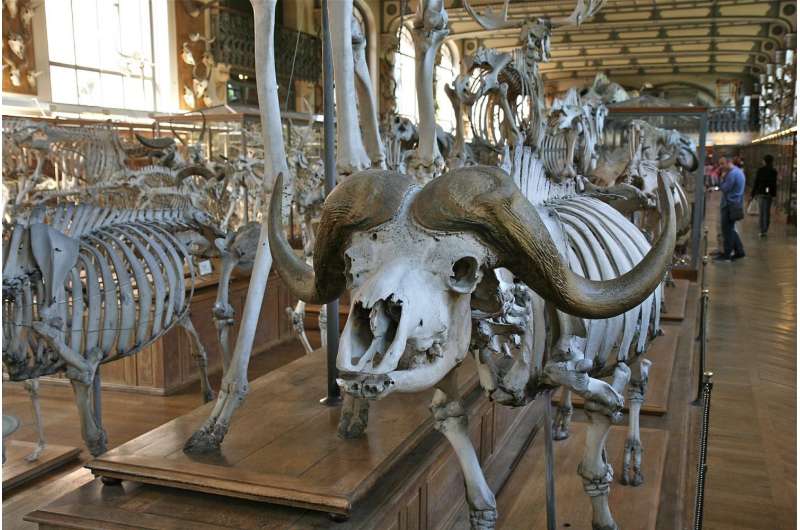June 1, 2017 report
Professors call for an end to the chaotic classification of organisms

(Phys.org)—A pair of professors, one with Charles Darwin University, the other Southern Cross University, both in Australia, has published a Comment piece in the journal Nature decrying the chaotic state regarding the classification of complex organisms. In their paper, Stephen Garnett and Les Christidis contend that failure to regulate taxonomy in the coming years could cause serious problems for conservation efforts directed towards preserving biodiversity.
At the root of the problem, the authors point out, is that there is no single definition for the word "species"—they have found there exist approximately 30 definitions for the word, which allows scientists, politicians and other entities free reign to use it in whatever context they choose to meet their specific needs. But that, they note, puts at risk the validity of research efforts and provides fertile ground for those seeking to usurp conservation efforts for financial gain. They offer cannabis as an example: Some "species" offer the high users seek, while others do not—changing the classification could have legal ramifications both for those convicted of using it or going forward—should some species be legal and others not? There is also the case of killer whales—some have suggested breaking them into three distinct species, but if that happens, would all three remain protected from hunters? Another example is separating the Florida panther from the North American cougar. Doing so could allow those seeking to buy protected land in Florida for development purposes an opportunity if wording in state laws suddenly ceases to protect areas where the big cats live.
What needs to happen, the authors suggest, is for a single body to take ownership of taxonomy—one capable of creating a definition for the words that are used to describe plant and animal groups. They suggest further that the proper group should be the International Union of Biological Sciences (IUBS), and they offer a four-step process for how it could be done: The IUBS would need to agree to take on such a role, a taxonomic commission would have to be created to agree on rules, subcommittees would need to be created to deal with organism subsets, and finally, a judicial committee would need to be created to serve as the final arbiter when disputes arise.
More information: Stephen T. Garnett et al. Taxonomy anarchy hampers conservation, Nature (2017). DOI: 10.1038/546025a
Journal information: Nature
© 2017 Phys.org















